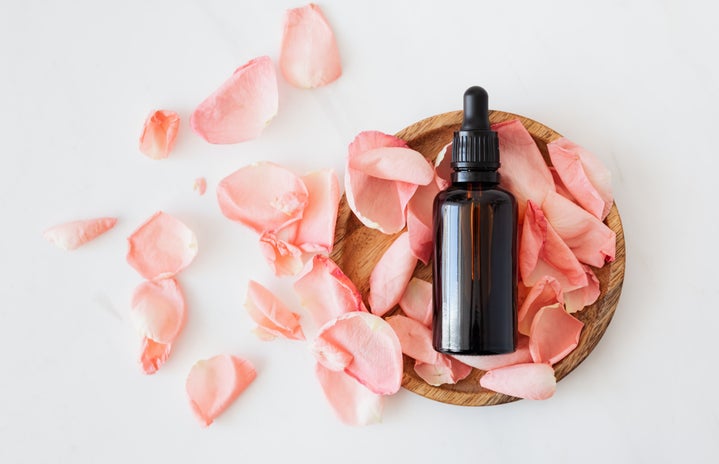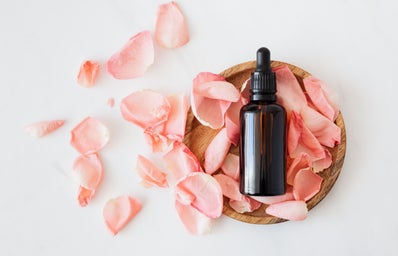Finding the right lube can be an absolute minefield, especially if you are a beginner! So to make it a bit easier to navigate I’ve broken down what each one does and when to use it!
So, What is lube?
Lubricants have many different purposes, but sex is one of the most common. They are a sticky liquid or gel used to prevent friction during sex and to create a much more “wet” sensation. Lubricants have been used for sex for a hot minute — even the ancient Greeks used olive oil back in 350BC, just ask Aristotle! Lubes can be used for all types of sex, including vaginally penetrative, anal, and masturbation. Some lubes even work with sex toys!
Natural lubricants
Your body creates lots of different types of lube by itself. For example, menstrual blood can make a really effective lubricant if you or your partner menstruates. Some people may be averse to the mess this can create. However, barrier contraceptive methods such as dental dams and condoms (internal and external) can limit this. Another natural lubricant is saliva. However, this isn’t physically sustainable as it dries up quickly! Vaginal fluids are also produced when your body is aroused which creates a natural lubricant, but sometimes this isn’t enough and backup is needed!
Water-based lubes
Water-based lubricants are the most common lube. If the bottle is just labelled lube, then you need to double-check that it is water-based before purchasing. The most important thing to know when it comes to water-based lube is that they are safe to use with condoms! Water-based lubes are the most universally applicable when it comes to sex. They can be used for pretty much anything except for showers, as they wash off easily. They are very beginner-friendly, as they replicate natural lubricants, making them the most compatible with vulva pHs and ideal for people prone to vaginal illnesses. Another thing to consider when it comes to choosing lube is how easy it is to clean up! Unlike silicone and oil, water-based lube is relatively easy to clean up and shouldn’t leave a stain on your bedsheets. Also, if you want to use vegan lube, then these are most likely water-based!
Silicone-based lubes
Silicone-based lubes are perfect for extended sessions as they are really durable and don’t need to be reapplied very often. This means that they are ideal for sex which involves showers and anal. It is also good for masturbation if reapplying lube can ruin the flow! Silicone is a very high-quality material which is excellent for sensitive skin and is the most effective if you struggle to maintain being wet during sessions. Like water-based lube, they are also safe to use with condoms, but they aren’t safe to use with silicone sex toys (which is most of them). This is because when used with other silicone products, they break down the material’s molecules. If you want to use this lube with sex toys, then make sure they are made from plastic or glass (p.s. If you haven’t tried a glass toy, then you are missing out!)
Oil-based lubes
Oil-based lubes cover a wide variety of lubes, ranging anywhere from coconut oil to beeswax! You can buy regular oil-based lube designed for sex; however, people often use items found around the home, such as baby oil. Whilst these more natural options may seem better, they have many disadvantages. For example, oil-based lubricants will break down condoms, making them significantly more likely to break and cause unwanted pregnancies and STIs. They are also unsafe for internal use as they have a higher pH than the vagina, which can cause infections. Another reason they are my least favourite is because they stain sheets (which, yes, I did learn the hard way!) Overall, oil-based lubes are good for spontaneous adventures where you don’t have time to get a different lube, but where possible other lubes will be better for your health.
Flavour and sensation based lubes
If you’re looking for a reason for using lube other than its intended purposes and want a way to spice up your sex life, then flavoured and sensation lubes are definitely the way to go! Lubes come in all different flavours, from candyfloss to watermelon or passionfruit! This is a good way to suggest trying lube with a partner if they are hesitant about using it, as it’s just a bit more fun! Sensation lubes are also perfect for taking things to a new level. These are for specific activities where you will need help increasing a specific sensation. The most common of these are heating and cooling lubes, which can heighten the senses in areas such as the clitoris. However, they can also include things like anal relaxants or are edible for oral pleasure.
What to avoid
Whilst in an ideal world, everyone would be able to afford the best quality lube, made only from ethically sourced and healthy products, this is far from reality. If you can’t justify paying exorbitant prices for lubes, then make sure that the lube you do buy DOESN’T contain any of these products.
- Nonoxynol-9
- Glycerin
- Petroleum
- Chlorhexidine gluconate
- Propylene glycol
Just remember to LIVE LAUGH LUBE!


